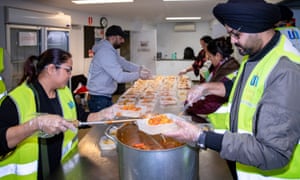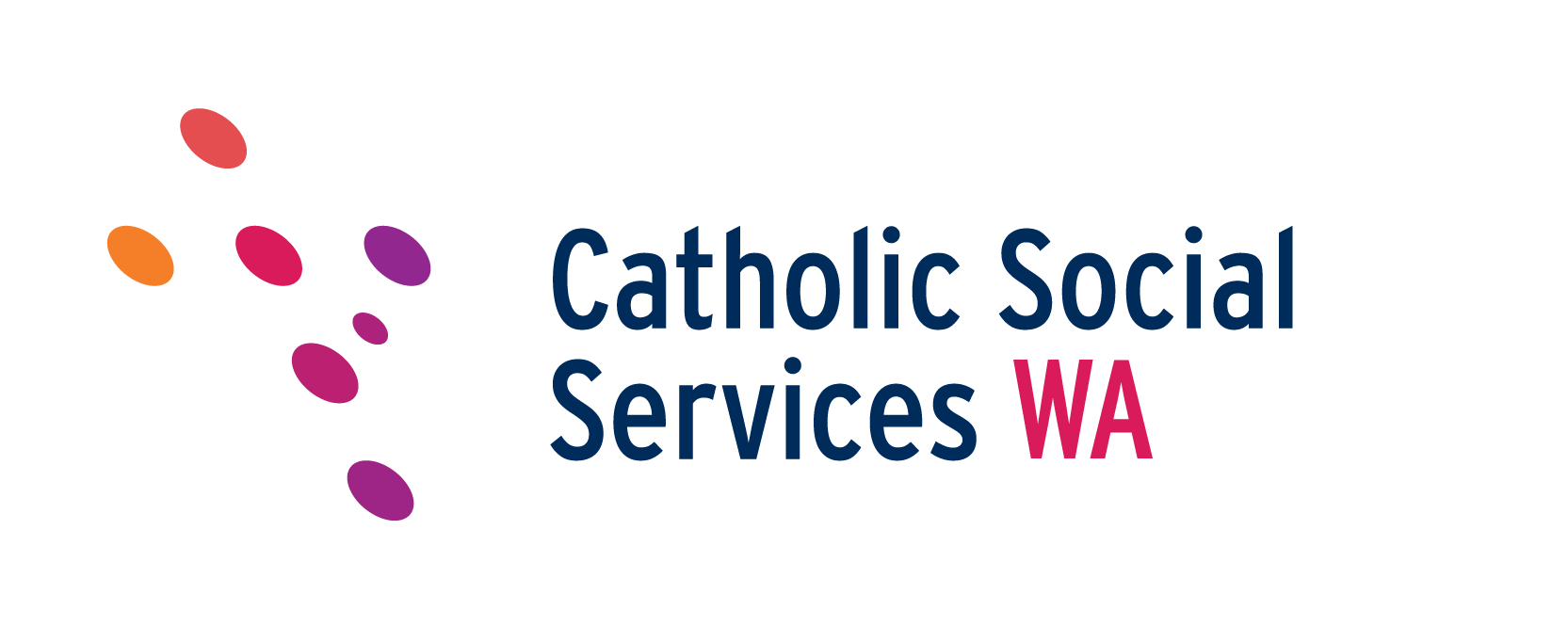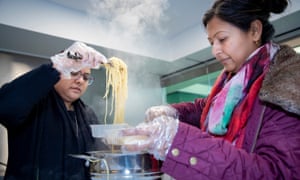Double the work with half the money. That has been the reality for many charities and community groups during the Covid-19 lockdown.
“Usually our food relief program feeds 80 people a week, that’s gone up to 300 this Saturday,” says Greg Ferrington, the manager of the Wyndham Park community centre in Melbourne.
“Forty per cent of our income comes from room hire, well that’s all completely gone … for the first five days of the lockdown, I just lay awake at night thinking: is the board going to let me keep paying my staff?
Many charities hit hard by the pandemic lockdowns have been unable to carry out their face-to-face work, and donations and volunteering have plummeted.
One in three respondents to a survey of charities and community groups by Giving Tuesday, an organisation that aims to increase charitable donations, said the pandemic posed a “significant threat” to their viability. Nearly two-thirds reported a drop in volunteer activity and fundraising, and 39% of organisations believed they did not receive the support they needed from government, philanthropy and peak bodies.
But like many other not-for-profit groups around the country, Wyndham Park’s philosophy was not to run away from the pandemic but to step up.
“Community centres are usually very busy places,” Ferrington says. “Easily five to 10 thousand people through a week. To have to go from that to complete closure … Pretty much every one of the thousand-plus community centres countrywide has to pivot.”
With the demand for food relief more than tripling, and no additional funding or grants, Ferrington says they have had to get creative to make ends meet.
This includes collaboration with other charities, such as the United Sikhs, to get donations.

Other groups have had to scramble to find funding to help families.
In the past month, the Girls and Boys Brigade, a community group that supports vulnerable children in New South Wales, has managed to supply a large number of laptops to students who had to move to online learning.
“The schools didn’t have enough so we had to jump up and help out as well. Sometimes there were families of four or five and they would only get one laptop so step in and compensate for that as well,” says Stefan Lamour-Jansson, chief executive of the brigade.
“Our services to families have increased two-fold, our costs are through the roof. We have had to access quite a few emergency grants, government grants to make up for that.
“We are about to do an appeal, we don’t know how well it’s going to go, if people won’t donate as much as they would normally or if donations will go up because people haven’t been spending money.”
The Covid crisis was the first time the organisation had shut its doors in its 138-year history. Without the ability to run its after-school homework program, the organisation had to create online portals from scratch to support children.
“We had to pivot really quickly because we couldn’t really wait and then reassess. The families need that support immediately.”
This includes protecting vulnerable families from increased violence.
“We were doing upwards of 40 to 50 welfare checks and calls per day. Around 35% of families lost their jobs … It also increased the prevalence of domestic violence in our families as well and we had to move pretty quickly to help out some families at high risk.”
Prof Kristy Muir, the chief executive of the Center for Social Impact, said the pandemic could be the final straw for some charities.
“Some charities were already struggling before … It’s likely that some will not recover from Covid,” she says.
“I think we’ve got a really good safety net with jobkeeper … which is a protective factor between that April to September period. I guess the question is what happens in October? Are we going to see a cliff edge for charities? Will charities have sufficient income to continue?”
Fundraising has become increasingly difficult, Muir says.
“You particularly start to see charities who might be relying on things like events or shopfront or other goods and services are really struggling.”
The FSHD Foundation, which funds medical research into muscular dystrophy, lost a potential $1.2m in donations after its annual Sydney Chocolate Ball was postponed indefinitely.
“We won’t be getting anywhere near our usual money to donate and invest this year,” says the organisation’s chief executive, Danielle Thomson.
It attempted to shift fundraising online, but without the ball has fallen well short.
“We are expecting to raise about $50,000,” Thomson says.
The foundation has been forced to cut staff and reduce hours to continue operating.
The financial fallout from the pandemic is likely to affect revenue raised from charitable donations for several years. Wealth management firm JBWere has estimated that total giving will fall by about 7.1% this year and a further 11.9% in 2021.
Quick guide
How to get the latest coronavirus news from Guardian Australia
While some restrictions are easing, it will be a long time before life goes back to normal for charities. Ferrington says room hire at the Wyndham community centre will be slashed for the foreseeable future.
“Capacity for my big rooms normally is 120 people, well, divide that by three or at least four with social distancing … the big groups, the church groups, they won’t be back in big numbers, so there will be a bit of a cashflow issue with room hire.”
Although the past months have been extremely tough, Ferrington says it has still made him hopeful for the future.
“We are starting to see people coming in, who have never had to access food relief before and saying, ‘Wow, well I’ve got a lot more respect for people that are on low wages. I understand now.’ There seems to be an empathetic attitude for most people,” he says.
“The partnerships that are coming out of this, the collaboration that is coming out of this. It’s a reset, it’s an opportunity.”

